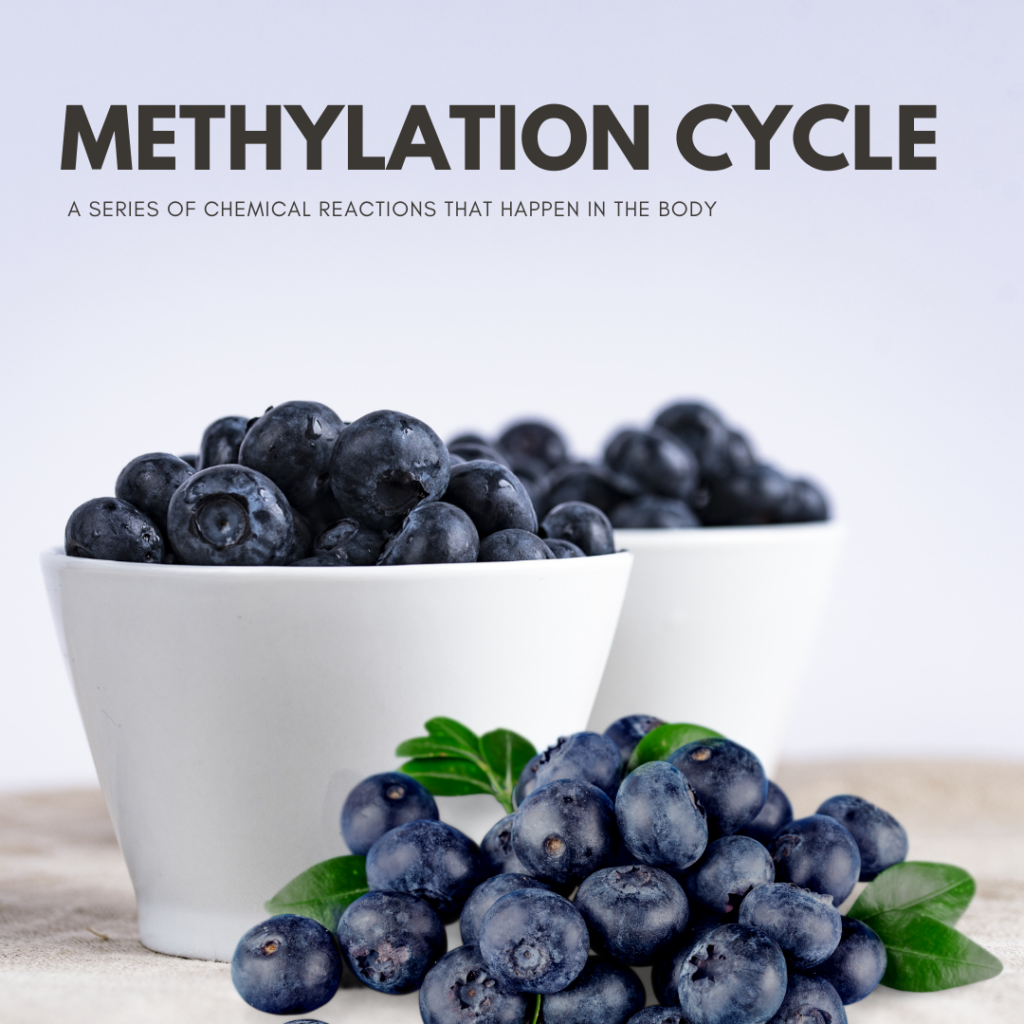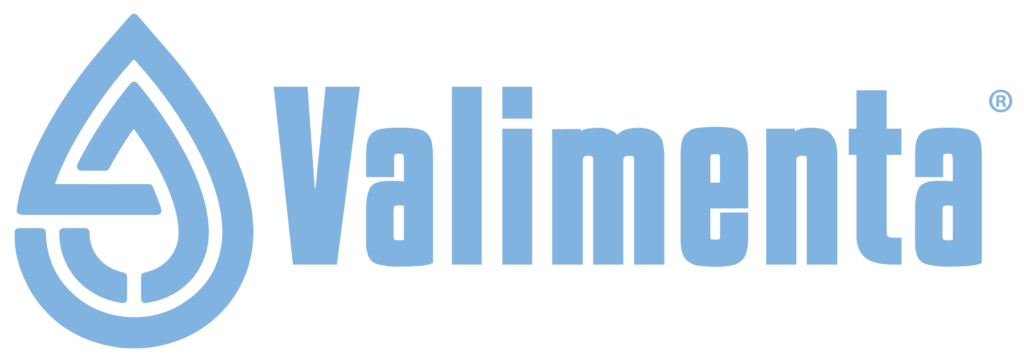The methylation cycle is a series of chemical reactions that occur in the body, in which methyl groups are added to and removed from molecules such as DNA, RNA, and proteins. Methylation is a process that affects the expression of genes and can play a role in continuing good health.
The methylation cycle begins with the conversion of homocysteine to methionine, which is catalyzed by the enzyme methionine synthase (MS). Methionine is then converted to S-adenosylmethionine (SAM) by the enzyme methionine adenosyltransferase (MAT). SAM is the main methyl donor in the cell, and it is used in many methylation reactions.
SAM donates its methyl group to various molecules, including DNA, RNA, and proteins. This process is called methylation and it can lead to changes in the expression of genes.
The methylation cycle also includes the process of remethylation, in which the methyl group is recycled back to methionine by the enzyme betaine-homocysteine methyltransferase (BHMT). This process is important for maintaining the balance of methylation reactions in the body.
It is important to note that the methylation cycle is dependent on the availability of methyl donors such as SAM, as well as the activity of enzymes involved in the cycle, which are dependent on nutrients such as folate, vitamin B12, and vitamin B6.


